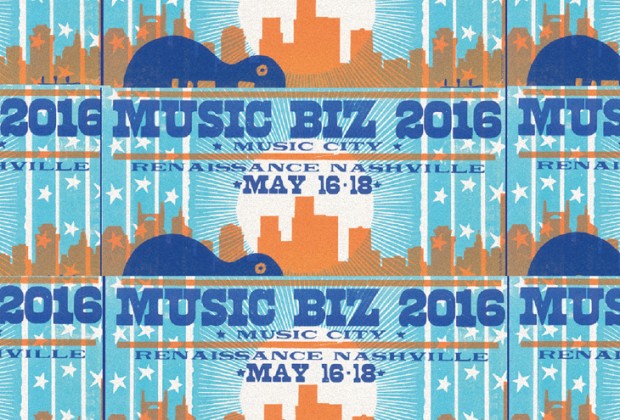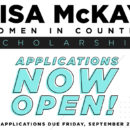Twenty-seven years ago, James Donio began working for NARM, a.k.a. the National Association of Recording Merchandisers, a not-for-profit trade organization that exists to promote the commerce of music. Working his way up the ladder of the venerated organization founded in 1958, he became President in 2004 and two years ago assumed the daunting task of initiating a rebranding of the group’s identity. The organization’s new name, Music Business Association, was selected to more appropriately reflect today’s multi-faceted state of music sales.
“It was intense for about 18 months,” grants Donio regarding the conversion, which involved everything from designing a new logo to converting their web presence.
“There are probably some dyed-in-the-wool folks who’ve had a difficult time letting go of NARM,” he concedes, “but for the most part I think people have made the transition to Music Biz.” To avoid confusion, the group never uses MBA as an acronym. Along with the change, the association created a new structure, dividing up into six sections: Physical; Digital; Knowledge; Information Technology; Artists, Management & Touring and Legal & Business Affairs.
More recently, Donio helped formulate the Academic Partnership Program, which provides opportunities for schools to experience an array of learning and networking opportunities.
“NARM and Music Biz have always embraced the academic community,” insists Donio. “We’ve always had programming that spoke to the business of music education, but not necessarily in an overarching, formal way.”
In their first year, over 1,000 students have taken advantage, including those from Berklee College of Music, Belmont University, Full Sail University, NYU and more.
The idea blossomed during one of the board’s quarterly meetings. “We started talking about the field of academia as it relates to the music business,” Donio explains. “We had a few schools and educators involved with us and they had expressed interest. We’d created a student membership where an individual student could join on their own. And through the process of examination, the board came up with the idea of formalizing that.”
Since the program’s official announcement, many more schools have expressed interest in coming aboard.
“I think this program is going to grow exponentially, because there are tangible benefits,” declares Donio, rattling off the multitudinous advantages of membership. “There are scholarships we award every year. We have educational programs. We have a webinar series. We have a daily newsfeed that has analysis and research. We have face-to-face events. We have a law conference. We have a start-up academy [for those considering launching their own company]. So the colleges and universities are excited about making this opportunity available to their faculty and students.”
Last year, more than $50,000 in scholarships and awards were handed out to student members.
Perhaps most important is their flagship event, the annual convention, which last year took place in Nashville for the first time. An overwhelming success, attendance jumped 40% over the previous year and will return in 2016 on May 16, 17 and 18 at the Renaissance Nashville Hotel.
Donio has been toiling away at projects that aim to increase the practical functionality of Music Biz, but he isn’t ready to discuss those initiatives just yet. “We’d like to provide more opportunities for members to interact with us in a virtual way,” he hints. “People have a limited amount of time and we have a lot of resources, so we’re working on some initiatives where we can pull together the diverse resources we have in a more efficient way.”
Students enticed by the prospect of connecting with Music Biz should ask their teachers or school administrators if their institution would be interested in joining. Failing that, students can always join individually and pay their own way. Universities are charged an annual $500 fee and, in return, receive unlimited student and teacher signups. Check the Music Biz website for more details.
Donio’s excitement for the academic program has been heightened by the recent experience of becoming an adjunct professor of music business at Monmouth University in West Long Branch, NJ. Having just started his second year teaching the Introduction to Music Business Ecosystem class, Donio has seen firsthand how well the programs Music Biz provides can double as tools for learning.
Teaching is something Donio has always wanted to do. He delights in how transformative the experience has been. “It requires a whole different kind of energy. I have new respect for educators,” he admits. “I have gotten so much more out of it than I’ve put in. To inspire students, to introduce them to aspects of the business they may want to pursue that they may not have been familiar with or even thought about, is extremely rewarding.”
For more information, visit musicbiz.org.













